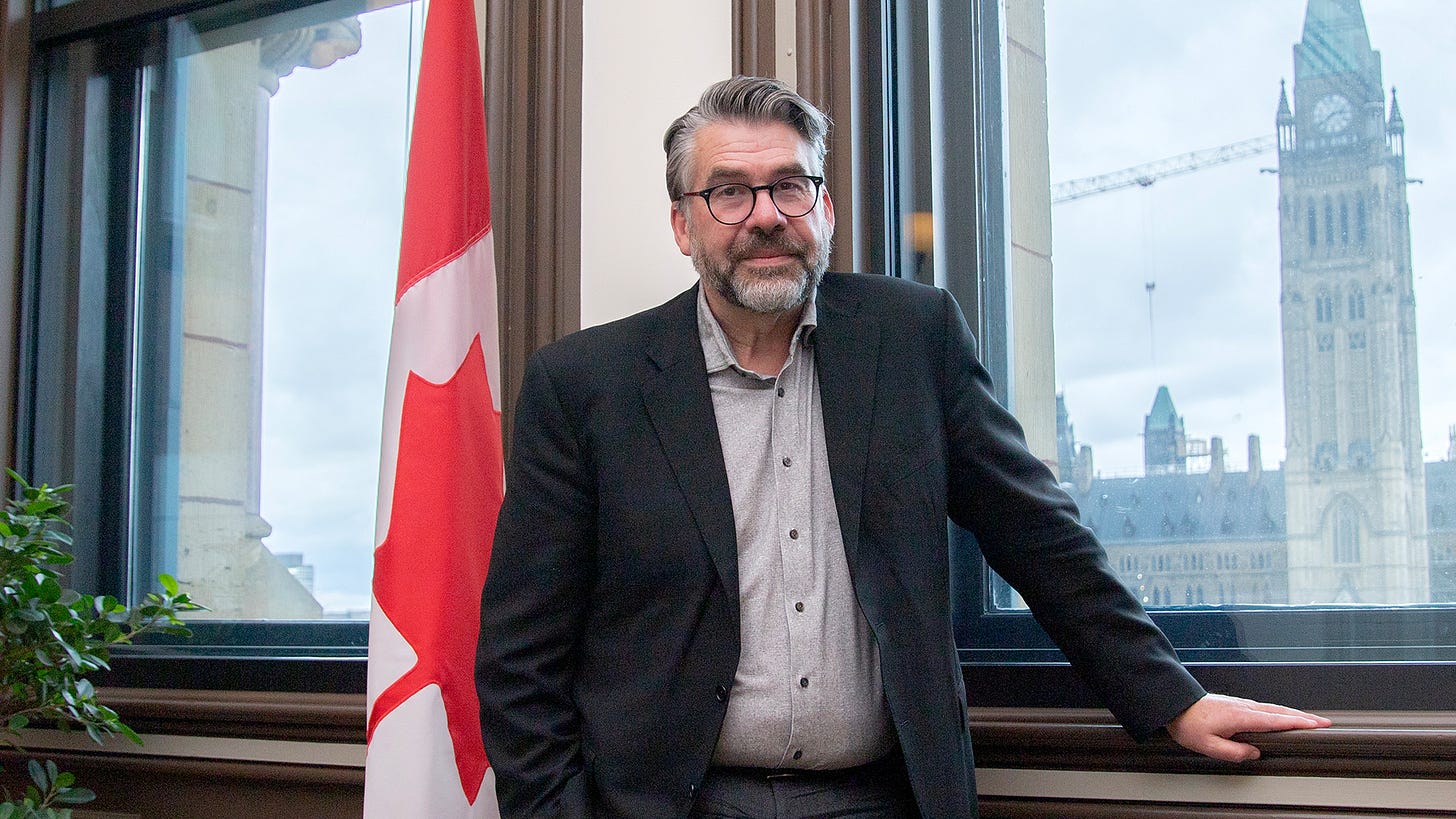John Hannaford is playing the long game. Other public service leaders should take note.
John Hannaford was an “unexpected choice” for Clerk of the Privy Council. Needless to say, the appointment raised a few eyebrows. He represented generational change (the first Gen X Clerk!). He also had deep foreign affairs experience through a range of roles in Foreign Affairs, International Trade and even as an ambassador - a non-traditional route to the top, but experience some speculated would become a necessary part of the job.
Since taking the role, eyebrows were raised further as he started to outline his immediate priorities. The new Clerk wanted to talk about values and ethics. And, he wanted to assign some of his top performing DMs to run an organizational-wide dialogue on the subject. For a government facing an endless series of challenges, this decision was…unexpected.
He has now assembled a dozens teams of DMs to develop new perspectives on policy-making and discuss emerging issues the government will face over the next decade. The list of issues is vast: AI, reconciliation, diversity, productivity, economic growth, foreign affairs, misinformation, the health of our democratic institutions, bilateral relations with the US, our aging populations….the list keeps going, but you get the idea. All of this feeds into a DM retreat in January.
Public service leaders can learn a few things from Hannaford’s early time as Clerk. I wanted to highlight a few…..
First, politicians come and go, but the public service remains. Its health and agility is critical. It would have been far too easy for Hannaford to put his head down and start diving into issues confronting this government. There are no shortage of problems that this government is facing. Current polling speaks to this point. Hannaford is not abandoning them, but he realizes that the public service cannot respond adequately without introspection and forward thinking. Sacrificing the capacity of public service to be agile, nimble and critical over the long-term is not worth short term gain.
Second, public servants need time and space to think. Working in government - any government - is challenging. Immediate priorities can easily outpace long-term planning. The federal government has seen its share of challenges over the past few years. The pandemic, the convoy, service disruptions, international turmoil and conflict…you name it, the public service has dealt with it (in most cases exceptionally well, I should add). However, if you spend most days lurching from crisis to crisis, managing each as best you can, you lose the ability to plan for long-term challenges, like climate change for instance. Without preparation and planning, everything in government can be a crisis. Hannaford’s predecessor made this point loud and clear; he clearly listened.
Third, public service leaders need to the ability to create dialogue with those outside of their immediate policy and service areas. The way in which Hannaford established this planning process is quite innovative. He’s engaged all 80 DMs and ADMs, each in small working groups, often with those outside of their areas of expertise and departmental portfolios. Each group is headed by an ADM who is empowered to organize discussions however they see fit without direction from the Privy Council Office. Hannaford is, therefore, not just creating space for dialogue across functional lines, but also embedding variation throughout.
Hannaford is demonstrating that planning and dialogue are critical elements to long-term success and institutional health. It is easy, however, to push both to the side of the desk in the hopes that things will slow down at some point. The reality of government is that things don’t slow down. Time to think, talk and plan has to be made and then protected. Other public service leaders can learn from this point, especially as a new year (and whole bunch of new challenges) are just around the corner.




